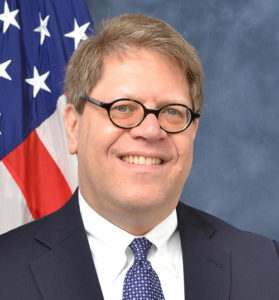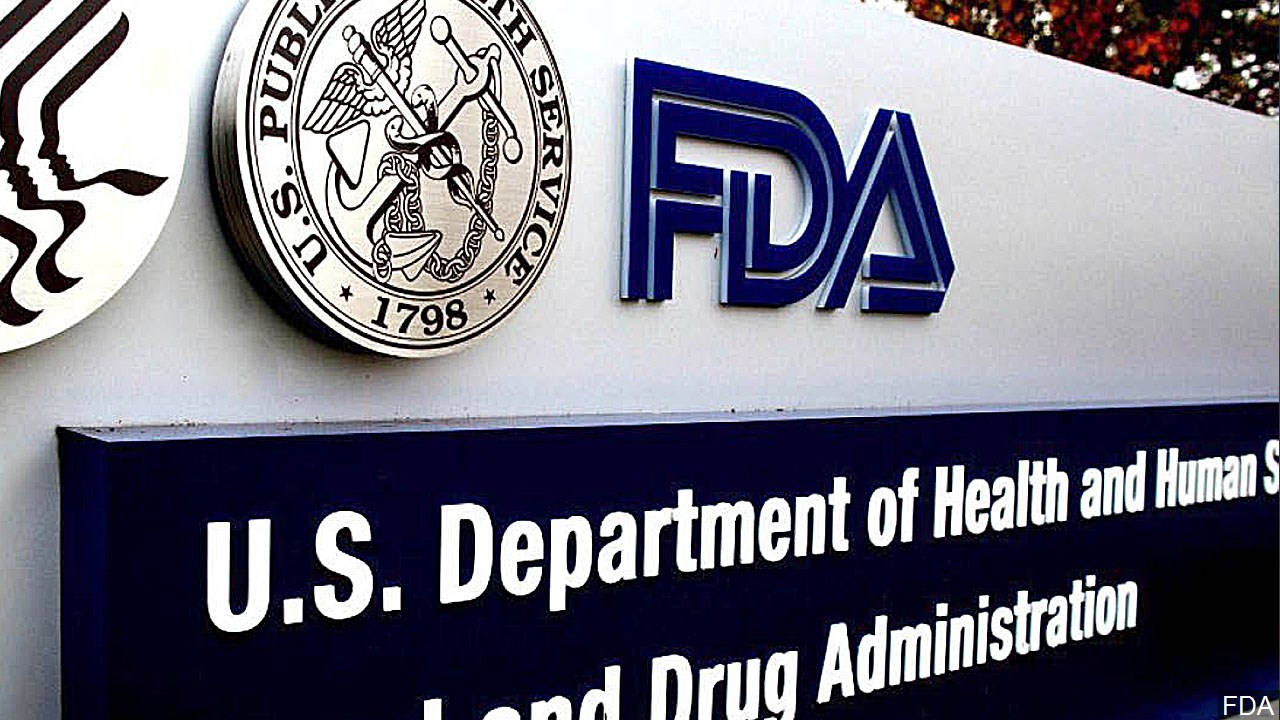Though some rules have eased under pressure to expedite the development of COVID-19 lab tests, the FDA must walk a careful path to keep unreliable tests out of the market
Since the outbreak of COVID-19, federal regulatory agencies have struggled to respond in effective ways. That is true of the federal Food and Drug Administration (FDA) and its regulation of diagnostic tests and the automation and instruments used by clinical laboratories to perform diagnostic tests.
The rush to bring up medical laboratory tests for COVID-19 revealed how swift, ongoing advances in molecular and genetic diagnostics are outpacing the ability of federal government regulators to keep pace. One example is how laboratory-developed tests (LDTs) can be used in clinical care settings.
LDT regulation is an issue of great concern for pathologists and clinical laboratory professionals. Already, the need to develop accurate, reliable tests for SARS-CoV-2 and perform these tests in unprecedented numbers is bringing fresh attention to the ongoing debate on LDT regulation.
On one side is the FDA, which has tried several times to issue rules that would increase its oversight of laboratory-developed tests. On the other side are clinical laboratories that are wary of efforts by the FDA to tighten its authority in how LDTs are regulated.

In certain ways, the COVID-19 pandemic and the FDA’s responses to the need to quickly create accurate tests for SARS-CoV-2 and expand availability of these tests has revealed how complex the LDT regulation issue is. One pathologist who has closely followed this issue in recent years is Roger D. Klein, MD, JD, a former adviser to the FDA and a faculty fellow at the Center for Law, Science and Innovation at the Sandra Day O’Connor School of Law. Klein recently clarified federal regulatory issues with COVID-19 testing in an interview with The Dark Report published on March 30.
Klein characterized the regulatory environment early in the COVID-19 pandemic as detrimental, adding that the response of federal regulators acted against the early development of SARS-CoV-2 clinical lab testing in the United States.
“The FDA’s prohibition against LDTs that academic medical centers, community hospitals, and health systems, and commercial laboratories could have used to test for COVID-19 harmed our capacity to address the outbreak,” Klein told The Dark Report. “The prohibition potentially contributed to the deaths in Washington State and elsewhere and impaired our ability to recognize the extent to which community spread of SARS-CoV-2 had occurred.”
Speaking of the initial delays in launching rapid molecular tests for COVID-19, Klein explained that overregulation of diagnostic testing played a major role in the delay and that the federal Centers for Disease Control and Prevention (CDC) played a role in that delay. “For weeks, the CDC operated the nation’s sole diagnostic laboratory for coronavirus, while testing in the rest of the world proceeded apace,” he said. These initial regulatory barriers made it difficult, or even impossible, for labs to develop and perform their own tests.
COVID-19 Kickstarts LDT Regulation Changes
The COVID-19 STAT Intelligence Briefings Service met with Klein more recently to follow up on what changes he has seen in the regulatory environment and how medical labs have been affected.
Klein told us that since The Dark Report interview, the regulation of LDTs dramatically improved. “Things are much better that they were,” Klein said. “On March 16th, the FDA exempted states that assumed responsibility for testing. Clinical labs took this action by the FDA, more or less as a signal that the agency was unlikely to present obstacles to them offering COVID-19 tests.” This shift in regulatory approach was intended to allow labs more flexibility in providing tests. In addition, there are now a good number of high-quality manufactured SARS-Cov-2 tests from reputable vendors available for purchase.
On the goal of giving labs increased flexibility, Klein said, “One concern, for example, is that even after obtaining an emergency use authorization (EUA), sometimes a laboratory will need to change or modify [the test] somewhat. The lab may, for example, use a different extraction method, or sometimes reagents aren’t available; sometimes they have a different instrument. These are all situations in which previously the FDA would demand a new EUA; they would argue that such changes to the test require the lab to resubmit for another EUA. [Now] I think, in general, I haven’t seen interference, or I’m not aware of labs that have experienced interference with this.”
Unique Circumstances in Clinical Laboratory Tests for COVID-19
The FDA hoped that, by increasing the flexibility of the rules, it was providing clinical labs with more opportunities to adjust to their unique circumstances so as to provide SARS-CoV-2 testing under conditions that may not have previously been an option.
Another improvement Klein has seen is a transparent and analytical approach to validating EUA tests. “I think the FDA has done a great job of posting validation data on its website. What’s happening is we are seeing an analytical validation with clear transparency,” Klein said.
“The FDA has been very helpful in posting the data sets on which the EUAs have been made so that’s clear and transparent on what validations the companies themselves have done and what the performance of the COVID-19 test is,” Klein said. This transparency provides labs with information that can help them better choose a reliable COVD-19 assay. According to Klein, clinical laboratories can rely on the FDA to be transparent and provide analytical validation supporting current EUAs.
Klein also commented that one important result of the FDA’s recent regulatory changes is the increase in innovation that has occurred. “We’ve seen enormous innovation,” Klein said. “As one example, the FDA expanded LabCorp’s (NYSE: LH) EUA for its Pixel COVID-19 test to include home collection by the patient. The data were presented in LabCorp’s EUA and are available online at the FDA’s website.”
Another significant innovation has been the development of a saliva-based SARS-CoV-2 antigen test. “Rutgers came out with a saliva-based COVID-19 test that they offer for drive-up testing,” explained Klein. “These are not new ideas, but they are things in diagnostic testing that have not been commonly seen. These are useful innovations in the diagnostic realm,” Klein said.
While the new innovations are impressive, serology testing for COVID-19 will be the next important innovation for medical laboratories. Because of the complexities inherent in any serological test, both the FDA and labs developing such tests will be under great scrutiny to ensure that only high-quality, accurate tests are allowed to be used for patient care.
 —By Caleb Williams, Editor, COVID-19 STAT
—By Caleb Williams, Editor, COVID-19 STAT
Related Resources:
The Dark Report: Interview with Roger D. Klein, MD, JD. XXVII(5)
FDA Gives States Power to Approve Virus Tests Without Federal OK (2)






